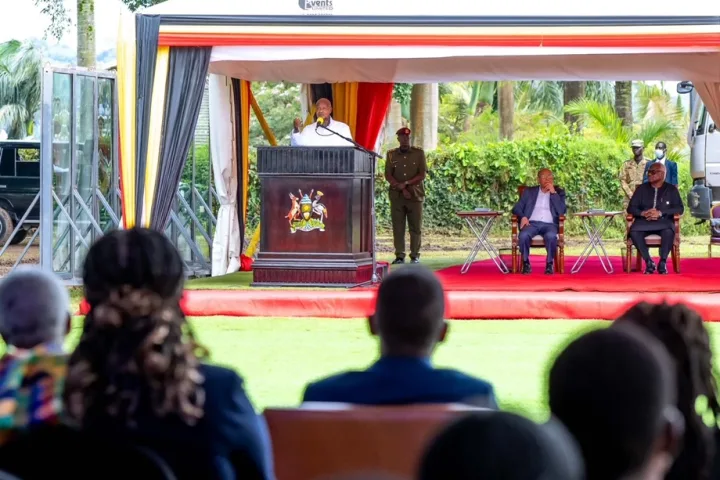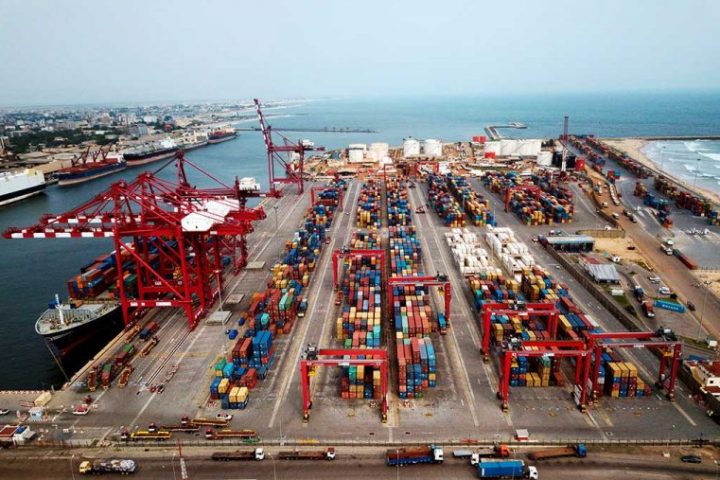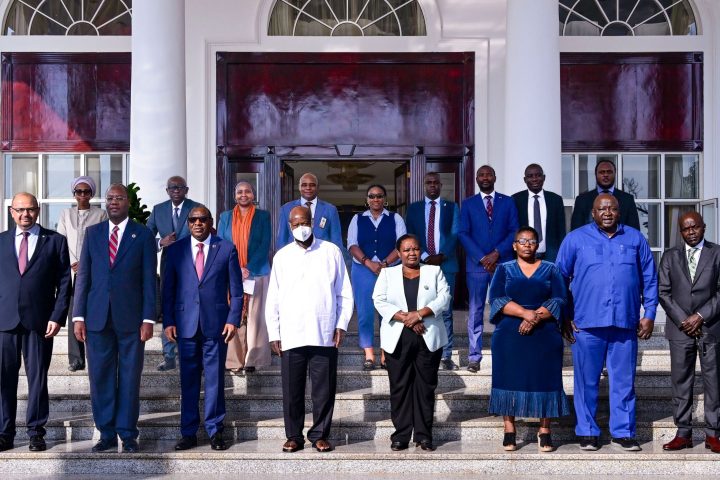In a shift in global tax dynamics, countries led by Nigeria, Ghana, South Africa, and others have spearheaded a move at the United Nations to overhaul the international tax landscape.
This action, marked by a vote to amplify the UN’s involvement in global tax matters, poses a challenge to the long-standing dominance of the Organization for Economic Cooperation and Development (OECD) in shaping these discussions.
Join our WhatsApp Channel“Today, we mark a significant step toward a more equitable global tax regime,” exclaimed a representative from Ghana during the UN session. “The era of marginalized voices in international tax matters is drawing to a close.”
The push from developing nations for more UN role comes on the heels of mounting frustration with the Paris-based OECD, which has historically steered global tax negotiations.
READ ALSO: AfDB Unveils Programmes To Bolster Macro-Economic Governance In Africa
The discontent stems from a landmark 2021 agreement embraced by over 130 countries, ostensibly aimed at curbing corporate tax avoidance by multinational entities. However, developing nations voiced concerns that they would reap disproportionately fewer benefits from these reforms compared to their wealthier counterparts.
The UN resolution, adopted with resounding support from 125 nations, predominantly lower and middle-income countries such as China, India, Brazil, and several African nations, sets the groundwork for establishing a convention on international tax cooperation under the UN umbrella.
Conversely, opposition to this transformative measure was led by 48 developed countries, including the European Union (EU) member states, the United States, the United Kingdom, Japan, and Korea.
Notably, there were nine abstentions from several OECD member states, signaling a rift within the established alliances.
“The decades-long struggle of Global South countries for a fully inclusive process at the UN in setting tax agendas and norms is finally bearing fruit,” declared the African Union, emphasizing the imperative of mobilizing resources urgently for global development.
In response, an EU official expressed support for multilateralism but voiced skepticism about the proposed convention’s ability to facilitate consensus, citing potential duplication of ongoing international standards and reopened negotiations on resolved issues.
Meanwhile, the OECD, steadfast in its commitment to fostering consensus-based solutions, affirmed its dedication to implementing the global corporate tax deal while expressing openness to collaborating with global partners, including the UN, to forge a more just and inclusive international tax system.
Norway’s decision to abstain from voting was underlined by Foreign Minister Espen Barth Eide, who highlighted the necessity of bridging the growing divide between the West and the rest of the world. “We want to connect through a more global agenda,” Eide emphasized, refraining from contributing to the widening schism.
Emmanuel Ochayi is a journalist. He is a graduate of the University of Lagos, School of first choice and the nations pride. Emmanuel is keen on exploring writing angles in different areas, including Business, climate change, politics, Education, and others.



















Follow Us